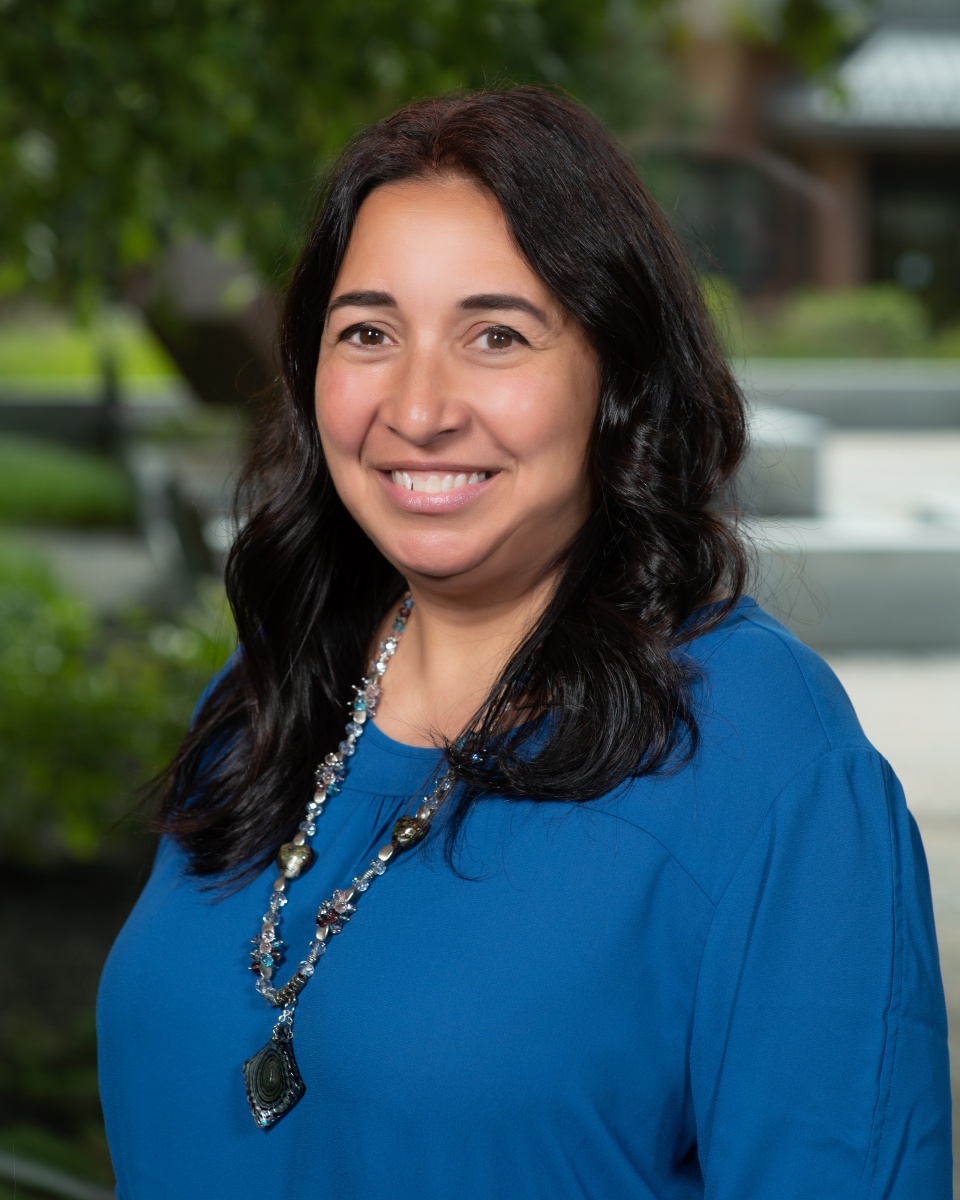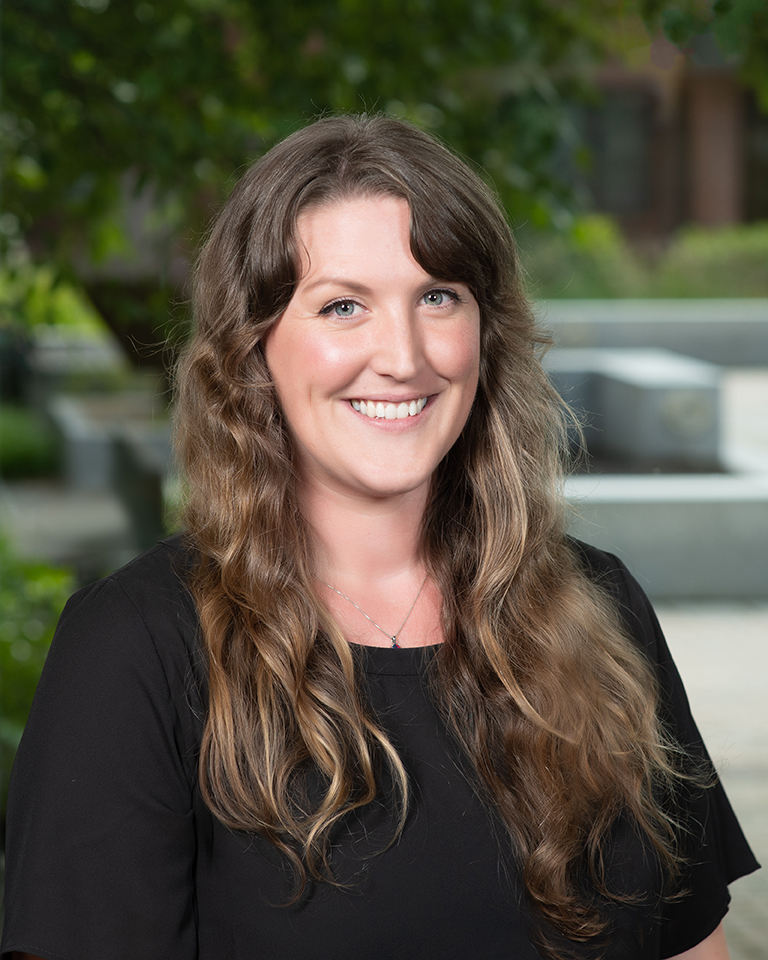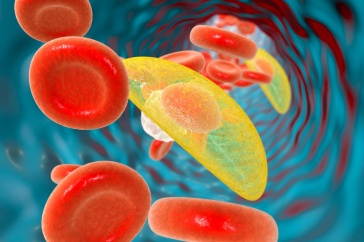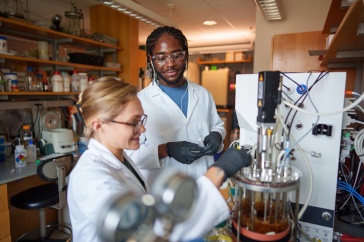The UNH Center for Integrated Biomedical and Bioengineering Research (CIBBR) recently announced funding for research studying important human diseases that currently lack adequate therapeutic interventions. Sherine Elsawa, associate professor of molecular, cellular and biomedical sciences and Vicki Jeffers, assistant professor of molecular, cellular and biomedical sciences, will each be receiving $250,000 over two years to conduct research that has a high potential for future major National Institutes of Health (NIH) grants.
Sherine Elsawa: Preventing chronic inflammation

Sherine Elsawa’s research will focus on understanding the signaling molecules that regulate the body’s inflammatory response, with the goal of identifying new targets to treat chronic inflammation. Chronic inflammation is a byproduct of the body’s natural immune response and has been linked to diseases like cancer and Rheumatoid arthritis. Results from this research may serve as a foundation for new therapeutic approaches for these and other inflammatory-mediated diseases.
“A little bit of inflammation is a good thing because it means the immune system is doing what it’s supposed to do,” says Elsawa. “However, if the checkpoints that regulate the on/off switch for inflammation are not tightly regulated, it can lead to chronic inflammation.”
For Elsawa, the research is also personal.
“I lost someone close to me to cancer while I was a graduate student and have focused my career on the disease ever since,” she says. “My goal is to use my immunology and cancer biology skills to fight the disease. I am interested in facilitating the development of novel therapies for cancer patients based on a fundamental understanding of the molecular mechanisms that regulate inflammation.”
Vicki Jeffers: Curing Toxoplasma gondii

Vicki Jeffers’ research is focused on understanding how the Toxoplasma gondii parasite, which infects approximately 65 million Americans and is a serious concern for pregnant women and immunocompromised people, regulates its gene expression. The work is instrumental to developing a cure for the parasite before it causes serious health complications in its human host.
In most infected people the parasite is in a dormant state, but can become active if the host becomes immunocompromised, leading to serious organ damage and death if untreated. Currently there are no treatments that are effective when the parasite is dormant.
“The few treatments we do have available are only effective once the parasite has activated into the disease-causing state,” she says. “Vulnerable patients who may be at risk of active infection will often take these treatments as a preventative measure against serious disease. These treatments may also lead to serious toxic side effects or allergic reactions, emphasizing the need for safer, more effective therapies.”
“While I was studying microbiology as an undergrad, I became fascinated by the different ways parasites have evolved to transmit and cause disease in humans,” says Jeffers. “Despite advances in healthcare and biomedical research, many of the major public health challenges faced around the world today are still due to parasitic disease. Working as a parasitologist satisfies both my scientific curiosity, but importantly my desire to make a positive impact on people’s lives.”
The UNH Center for Biomedical and Bioengineering Research is committed to the idea that valuable, paradigm-shifting research is often conducted in the space between research disciplines and across academic units. The center, which is funded by a five-year, $10 million Center of Biomedical Research Excellence (COBRE) grant from the NIH, aims to accelerate the translation of basic biomedical and bioengineering research into actual innovative tools and treatments that improve human health.
To that end, the center is working to increase the number of NIH-funded research project grants awarded to UNH faculty; spurring the hiring and advancement of biomedical and bioengineering researchers at the university; and acquiring state-of-the-art instrumentation.
-
Written By:
Sarah Schaier | College of Life Sciences and Agriculture

















































